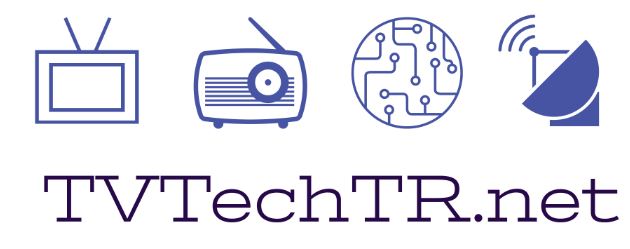To be honest, I do not know the answer of the question: What will 5G bring to broadcasting? But, with the help of some documents, I will try to comment on this. It would be great if you also can share your opinions.
"Broadcast", "unicast" and "multicast" are different ways of connection. Visualization is always better way of explaining:
As you can see in the figure above,
Unicast is point to single point connection;
Broadcast is point to all connection;
Multicast is point to many points connection.
In broadcast connections, quality does not depend on the number of receiving units. So for serving same data to crowded receipents some kind of broadcast network should be used.
Mobile networks were providing unicast connections, i.e. from the base station to the receiver. Multimedia Broadcast Multicast Service (MBMS) is a broadcast/multicast service in mobile networks, which is available since 2009. But it has not been commonly used. An "evolved" version of MBMS, eMBMS, came with LTE, 4G and a new version of it is expected with 5G in 2020s.
European Broadcasting Union (EBU) has published a BPN in February 2018. Although the BPN are for members only, EBU has shared an executive summary of this important BPN publicly. The standards of 5G is not yet completed, hence public broadcasters are trying to influence Third Generation Partnership Project (3GPP).
Is 5G that important?
5G is said to be a GAME CHANGER by the European Commision. I got the following passage from the EC document, namely "5G for Europe: An Action Plan".
Twenty-four years after the successful introduction of the 2G (GSM) mobile networks in Europe, another revolution is in sight with a new generation of network technologies, known as 5G, opening prospects for new digital economic and business models. 5G is not fully standardised yet but its key specifications and technological building blocks are already being developed and tested. 5G is seen as a game changer, enabling industrial transformations1 through wireless broadband services provided at gigabit speeds 2 , the support of new types of applications connecting devices and objects (the Internet of Things), and versatility by way of software virtualisation allowing innovative business models across multiple sectors (e.g. transport, health, manufacturing, logistics, energy, media and entertainment). While these transformations have already started on the basis of existing networks, they will need 5G if they are to reach their full potential in the coming years.
It is not a surprise that a conference topic was What will 5G mean for media at the IBC 2017. For those who missed this conference may be interested in the papers on 5G and OTT at IBC 2017. There will be sessions about 5G at the IBC 2018 Conference during 13 - 17 September 2018 in Amsterdam.
There are many trials of using 5G in media industry. FOX has recently announced a cowork with Ericsson, Intel and AT&T to deliver 4K over 5G at U.S. OPEN 2018 on 14-17 June 2018. British Broadcasting Corporation (BBC) has R&D projects regarding the usage of 5G. IRT is part of 5G Today project in Germany.
So, finally 5G seems to be a real GAME CHANGER. Do not miss IBC Conference 2018, to follow the latest developments.



Comments
Post a Comment
Comments will appear after approval, which may take time :)